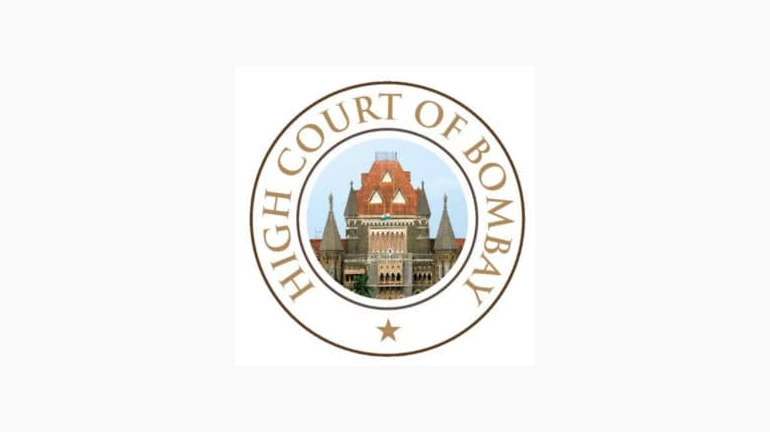
In a landmark ruling, the Bombay High Court (HC) has declared that daughters cannot claim inheritance rights to their father’s property if the father passed away before 1957, when the Hindu Succession Act was enacted. The court's decision clarifies Hindu inheritance law and specifies the limited inheritance rights granted to daughters under older laws, especially where a widow was also an heir.
The case was initiated by Radhabai Shirke, who wanted a share of her late father Yeshwantrao’s property. Yeshwantrao had two wives. His first wife, Laxmibai, passed away in 1930, leaving two daughters, Sonubai and Radhabai. His second wife, Bhikubai, had one daughter, Champubai.
Yeshwantrao died in 1952. After his death, Bhikubai continued to live on his land until her death in 1973. Her will favoured her daughter Champubai, leading to Radhabai's claim for partition and a half-share in the land.
Radhabai’s initial claims were rejected by both the trial court and an appellate court. Both rulings found that under the Hindu Women’s Right to Property Act of 1937, Bhikubai was the sole inheritor. Radhabai then appealed to the top court. In her appeal, her counsel said that the property should be divided between Bhikubai and the daughters.
They cited older judgements to support the claim that daughters could inherit along with a surviving widow even before the 1956 Act. However, Bhikubai’s heirs contended that, under the 1937 Act, only widows—not daughters—were eligible to inherit.
Bikhubai's side argued that daughters were not considered coparceners under Hindu law and thus could not inherit property if a widow was still alive. They also maintained that inheritance laws could not be retrospectively altered by the 1956 Hindu Succession Act or its 2005 amendment, which granted equal inheritance rights to daughters.
A division bench of Justices A. S. Chandurkar and Jitendra Jain upheld the earlier judgements against Radhabai. The court ruled that she was not entitled to her father's property as he had died before the enactment of the Hindu Succession Act in 1956. The judges emphasised that the 1937 Act only granted limited rights to widows, defining them as holders of a "Hindu Woman’s Estate" with restricted powers.
The court noted that the term “son” was explicitly used in the 1937 Act, showing the law's intent to limit inheritance rights in cases where a widow survived, excluding daughters.
The HC concluded that inheritance rights were "frozen" after Yeshwantrao’s death in 1952 and that succession laws in effect at that time could not be changed retroactively by later laws.





